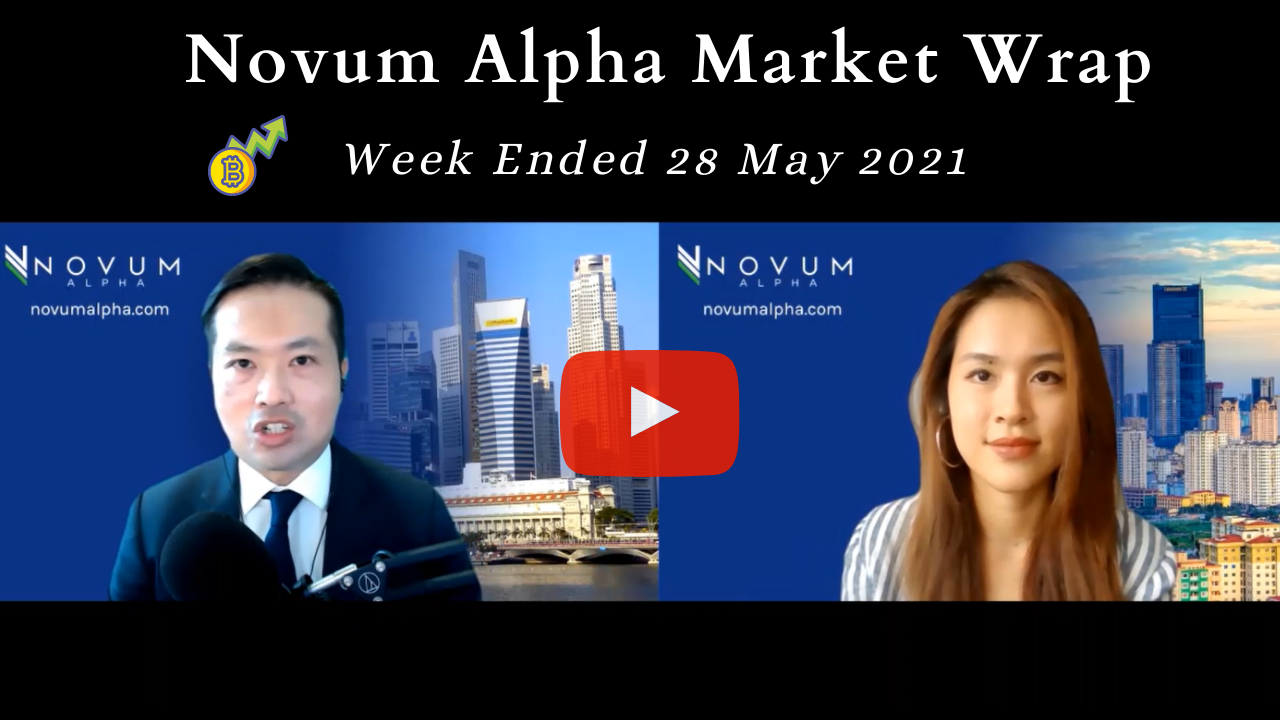While there have been no stimulus checks in the mail, Asian retail investors are providing a shot in the arm for markets in Asia, where many investors still remain without shots in the arm (vaccine of course) and underscoring the growing influence of retail traders globally.
And nowhere has the power of retail investors been more apparent than in Vietnam, the unwitting beneficiary of a disastrous trade war between China and the United States.
As the Trump administration raised tariffs against China, multinational firms scrambled to find nearby manufacturing hubs to relocate their businesses, many of them making the relocation long term as Vietnam was seen as being a less risky bet should a full blown trade war erupt between Washington and Beijing.
And that has seen an increase in the number of retail investors in Vietnam flush with cash lift their local markets.
Retail investors now account for about 90% of turnover in Vietnam while the VN Index has surged by a fifth this year alone.
But Vietnam is hardly alone in making it big with small investors.
Other Asian manufacturing giants like South Korea and Taiwan that prospered from Sino-American trade tensions have seen an influx of retail investors drive markets there 10% higher this year alone and with individuals responsible for over 70% of turnover.
And these rallies have come even as foreign investors remain net sellers in Vietnam, South Korea and Taiwan, demonstrating that the retail investor boom started in the U.S. is hardly peculiar to that country alone.
Amid fresh outbreaks and renewed lockdowns in Asia, more retail investors who had gorged themselves on a steady diet of South Korean soap operas have been pouring into the stock markets for entertainment, against a backdrop of paltry interest rates from savings accounts.
And the proliferation of zero or low-fee trading apps in Asia, similar to the revolution witnessed in the U.S. is just taking grip in Asia, where mobile devices are prolific.
As these retail investors pick up knowledge and skill in trading and investing, some analysts expect them to add to the heightened levels of volatility that marked episodes in the U.S. markets.
Case in point, earlier this month the benchmark Taiwanese stock index plunged to its worst weekly drop since March 2020, as a fresh surge of coronavirus infections rocked the island, only to see those losses reverse over the next two weeks.
And with vaccinations in most Asian countries far slower than in the U.S. and Europe, the likelihood of repeated coronavirus flareups remains extremely high, with their ensuing lockdowns a constant risk, ensuring a captive audience for local markets.
In Asia, Singapore leads in terms of vaccinations, with at least a third of its citizens already having received at least one dose, whereas China’s vaccination program is at 10%, and the rest of Asia is far behind.
But whether the frenetic pace of trading in Asia’s manufacturing hubs is sustainable is anyone’s guess.
In Taiwan, volumes were as high as six times what was witnessed just half a decade ago.
Yet analysts ruling out the durability of retail influence in stock markets may be discounting the substantial stickiness of smartphone app usage.
Just as how checking social media has developed into a habit, checking one’s stock portfolio through smartphone trading apps could be as well.
The gamification of investing is a relatively recent phenomenon and could have substantial influence on markets for years to come - that local investors in Asian markets have stepped in to fill the gaps left behind by their more skittish global counterparts should be welcome.
During the 1997 Asian Financial Crisis, retail investors in Asia were not yet at the stage of prosperity to meaningfully cover the gaps left in the wake of huge outflows of funds from the region.
Retail presence to pick up the slack of late should give investors in these more locally-centric markets some comfort that they could potentially act as ballast in the event that larger institutional flows should leave.







